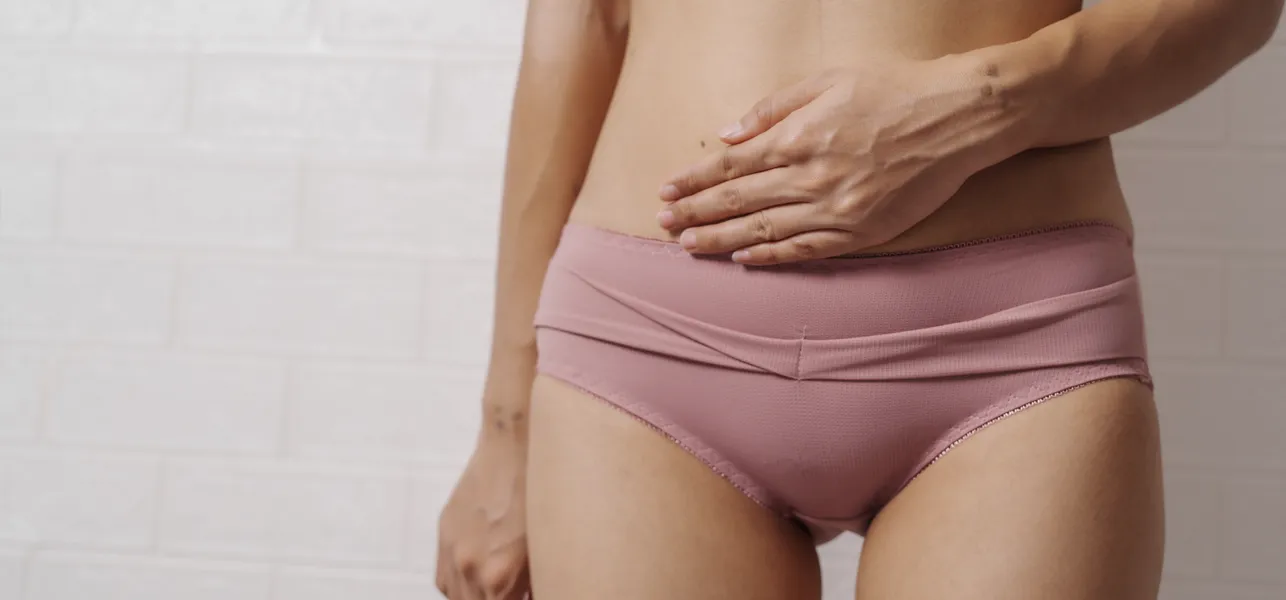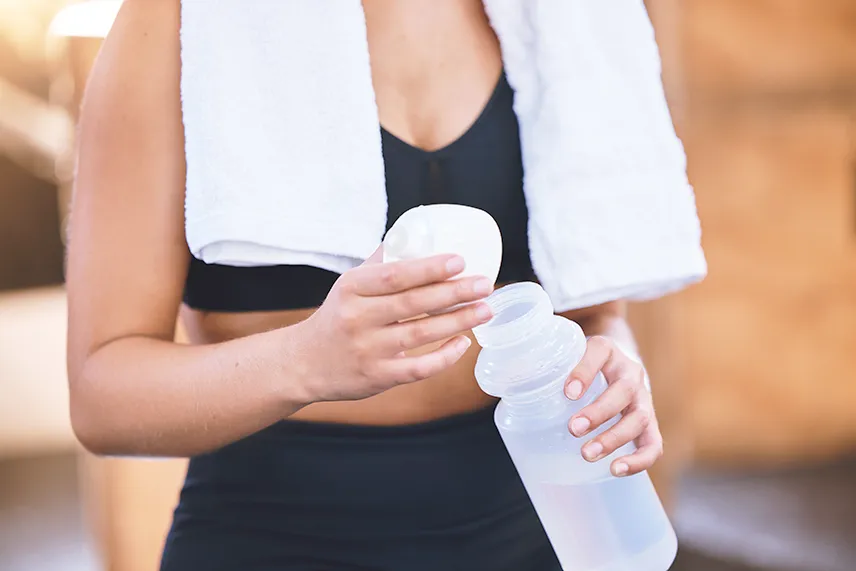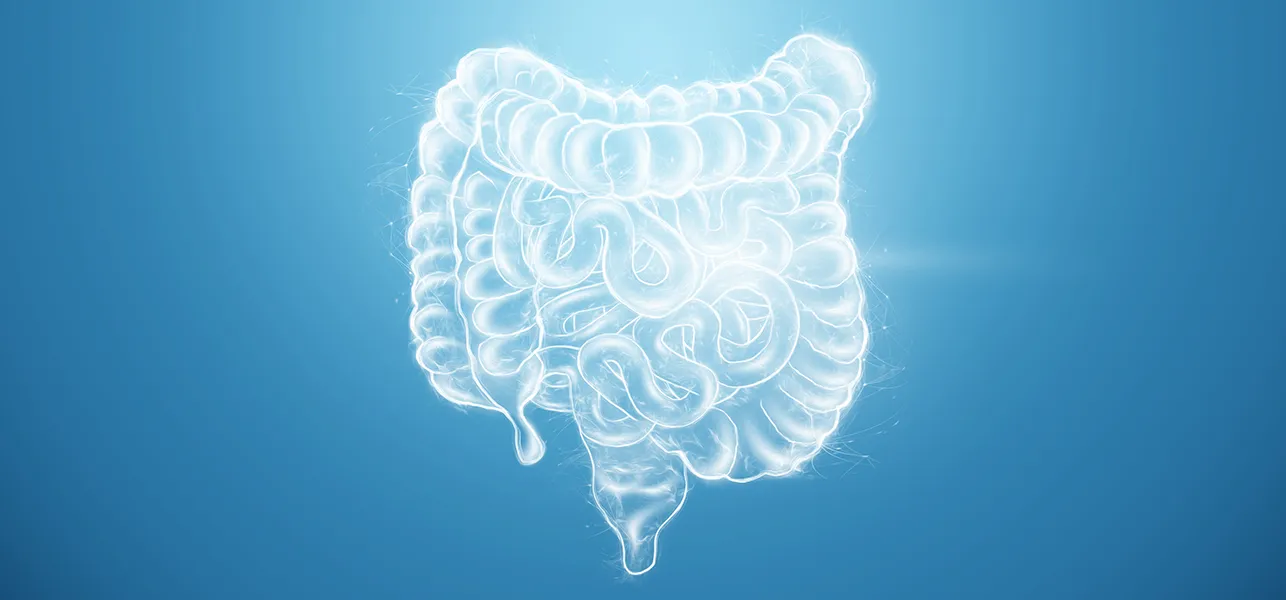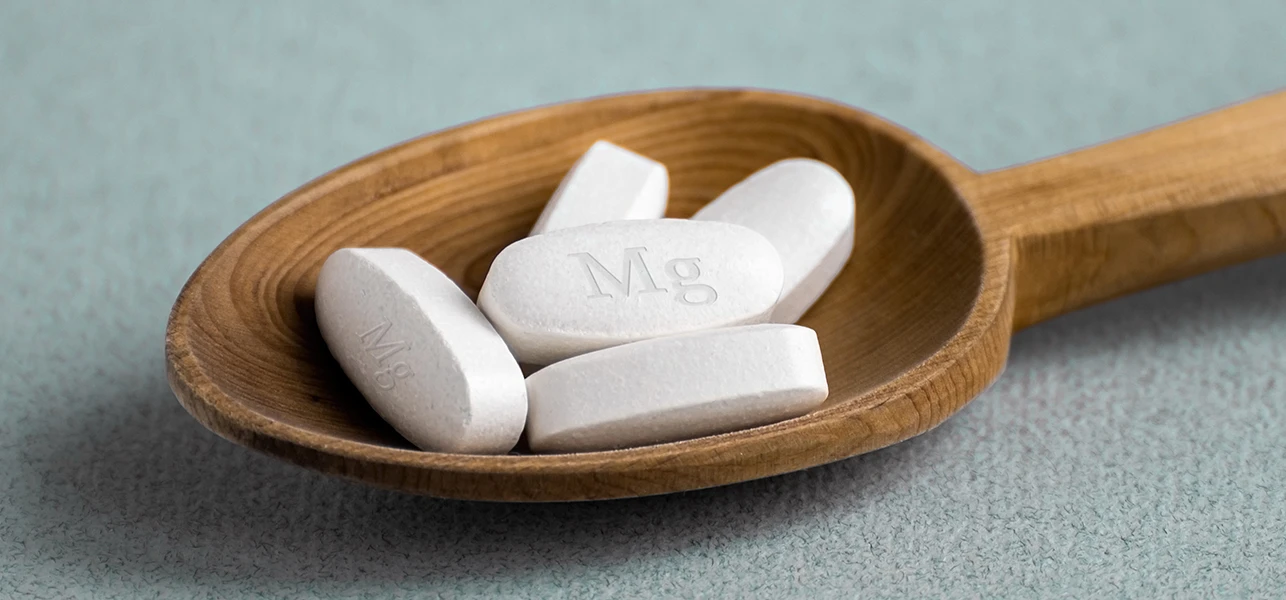Don’t Let Period Bloating Get You Down: Natural Remedies and Tips

Do you feel bloated during your period? Your body goes through a lot during the menstrual cycle. Some people get the dreaded bloating along with painful period cramps, but why does this happen?
This symptom can affect many women during their menstrual cycle. You might experience bloating sensations along with cramps or chronic migraines. Dealing with a swollen abdomen is never fun, but there is a reason why this happens during a woman’s period.
Some people believe it to be water retention due to increased urination. This, along with many other explanations, could be the cause of your bloated belly. It’s important to find out ways you can reduce the stubborn bloat and feel better when going through PMS.
In this article, you’ll discover what period bloating is and ways to reduce it.
What Is Period Bloating?
Period bloating is a symptom of premenstrual syndrome (PMS) that occurs before or during the period. You might feel like your abdomen is heavy and swollen, usually accompanied by cramps, backaches, and even thigh pain.
The dreaded period bloat may feel like you’ve gained weight. This is because your abdomen and other body parts are swollen due to imbalanced hormones. Sometimes, it might feel painful to touch, which can make the experience of periods even worse.
You can get more symptoms alongside period bloating. These may be stomach discomfort, gas, abdominal rumbling, serious constipation, and cramping. Your body is going through so many changes while trying to regulate premenstrual syndrome.
Consult with your doctor if the period bloat intensifies over time. None of these PMS symptoms should last longer than two weeks. Most people get referred to a gynecologist to check for endometriosis, uterine fibroids, or pelvic floor disorders.
How Long Does Period Bloating Last?
Period bloating should last around 3–5 days. This depends on your age, genetics, and menstrual cycle. Your body typically retains the most water on the first day of your period, so expect to experience these symptoms more within 48 hours.
Dealing with water weight while having a period can be frustrating. However, it takes the body around 2 days to properly flush the excess water out of your system. The same goes for any hormonal imbalance that may need time to level out once the period ends.
Just remember that every woman has a unique menstrual cycle. You might feel bloated for a week, while others only experience period bloat for one day. Speak to a medical professional about treatments if the bloating becomes too painful or discomforting.
Why Do I Get Bloated During My Period?
Changes in progesterone and estrogen levels encourage the body to retain salt and water. This might lead to bloating in your digestive tract. You can reduce period bloating by exercising regularly or avoiding high-salt foods.
A study found that period bloating occurs on the first day of bleeding, as your body works overtime to regulate hormones and relieve water retention. The combination will make your stomach feel both tender and swollen for a few days.
A hormonal imbalance may cause bowel movements to become sluggish. You can’t digest foods properly or absorb nutrients that contribute to your health. Taking good care of your gastrointestinal system is key to reducing horrible PMS symptoms.
Studies also prove a link between your gut and emotions. People who feel depressed and binge eat during their period may ingest processed foods. These meals can contain salt – a dangerous ingredient that contributes to period bloating and water retention.
The emotions associated with menstrual bleeding can worsen digestive functions and prolong bloating. Following the best gut health hacks, like drinking more water and eating potassium-rich foods, could get rid of period bloating during the first few days.
End the Bloat: 5 Simple Tips for Relieving Period Bloating
There are ways you can reduce period bloating when balancing out your hormone levels again. People usually follow these tips before their period begins. Do what feels right for your body and talk to a doctor if the bloat doesn’t go away or gets worse.
Here are 5 tips for relieving period bloating:
#1 Exercise regularly
Regular exercise on lighter menstrual days could improve period bloating. You might go for long walks or quick jogging sessions to feel better. A study discovered that exercise reduces water retention and boosts blood circulation in your digestive tract.

Advertisement
Any form of exercise may release the “feel-good” hormones called endorphins. These hormones are supposed to relieve pain, reduce stress, and prevent mood swings. Some people aim to get around 30 minutes of exercise a day to gain health benefits.
Of course, the thought of going outside during your period can feel daunting. This is why you should only exercise before or a few days into the menstrual cycle. Give your body time to adjust, and only perform physical activity when you feel comfortable enough.
#2 Avoid foods that are high in salt
Consuming salty foods will increase water retention and stomach bloating.
Not many people know that eating too much salt actually encourages the body to conserve more water. This high water content remains outside of cells and causes bloating around your stomach, face, upper arms, neck, feet, and inner thighs.
This can feel like weight gain, but those sudden pounds derive from excess fluids. You need to avoid salty foods if you wish to prevent the worst bloating during your period. Some examples of bad foods include dried meats, pickles, bagels, and frozen meals.
Consider eating nutrient-dense foods that improve women’s health. These comprise broccoli, kale, spinach, banana, watermelon, oranges, salmon, and chicken. Studies prove that eating the right meals can improve period bloating and menstrual pain.
#3 Try eating smaller, more frequent meals
Eating large portions of food may cause you to gulp down more air and slow digestive functions. You should eat smaller frequent meals to avoid the dreaded bloat. People usually consume potassium-rich foods like spinach, avocado, banana, and prunes.
#4 Stay hydrated
Drinking more water could counteract potential water weight.
This is because water flushes out excess fluids and sodium in your body. Plus, dehydration leads to constipation, which triggers bloating before or after your period. It’s important that women drink around 9 cups of water a day to stay healthy.

For those who don’t enjoy drinking water, consider adding some mint or lime. Mint water improves digestion, maintains hydration, and removes toxins.
#5 Consider taking a natural diuretic
Natural diuretics encourage the body to get rid of excess fluid. They improve kidney function by excreting more sodium in your urine.
Some examples of natural diuretics include dandelion tea, parsley, watermelon, berries, grapes, bell peppers, garlic, onions, asparagus, and celery. Aim to mix these foods with your meals regularly if you wish to reduce bloating and other stubborn PMS symptoms.
Why Is My Stomach Still Bloated After My Period?
Progesterone levels can increase toward the end of your period, which slows the digestive tract and also causes bloating. The constant fluctuation of your hormone levels means your digestive system has to adjust and settle down.
Period bloating affects women differently during their cycle. You might have more fluid retention compared to other people. Feeling bloated after your period is perfectly normal, as the body needs to regulate hormones like progesterone and estrogen.
The birth control pill also plays a role in PMS symptoms. Any form of contraception usually relieves periods or makes them worse, depending on your body. Consult with a doctor about trying the birth control pill to see if it can stop period-related bloating.
A Word From a Nutritionist
Dealing with bloating and period cramps at the same time can be frustrating. Feeling bloated is an uncomfortable experience that might disrupt your daily activities. Hormone fluctuations are a constant thing, but there are ways you can relieve period bloating.
Going for morning walks or quick running sessions could reduce bloating during a period. Not everyone wants to exercise when they feel bloated, but it’s a great way of losing retained water and encouraging your body to regulate hormones again.
You could also drink lots of plain water to counteract the water weight. Staying hydrated is important for reducing any PMS symptoms during your period. Just remember that everyone is different, so certain tips might not work to relieve your bloated belly.
Consult with a medical professional if the bloating doesn’t go away. There could be another underlying reason for this symptom. A gynecologist might examine your stomach and offer treatment that makes your periods less challenging.
Conclusion
So, why does period bloating happen?
Period bloating occurs when your hormones fluctuate. Progesterone and estrogen levels can encourage the body to retain more water and sodium. However, exercising regularly and drinking enough water could improve period bloating over time.

A safe and effective way to relieve constipation
- Contains the goodness of natural ingredients
- Includes psyllium husk as a star ingredient
- Might help to combat constipation
- Boosts energy and cleanses the gut
- Easy to consume and can be used twice a day







Comments (0)